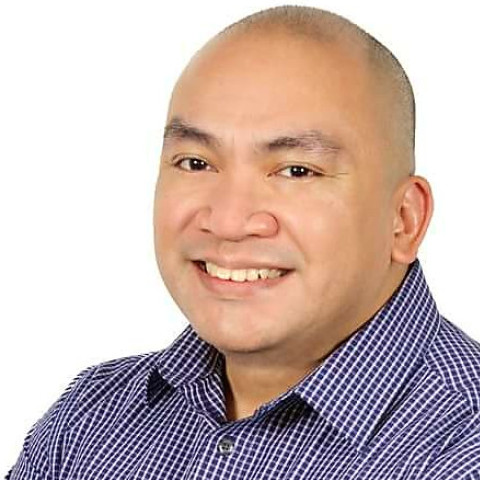

The complaint alleges that De Jesus has been receiving double the monthly salary he is authorized to receive under the rules imposed by the Governance Commission on GOCCs — something the DBP president admits, while pointing out that his salary was authorized by the bank’s board of directors a few months before the ceiling was imposed by the GOCC watchdog.
In any case, InsiderPH snooped around to get to the bottom of the dispute, so you won’t have to. And what we found was eye popping.
For one, a number of the bank’s board directors are said to be uncomfortable with De Jesus’ salary of P1.1 million a month, mainly because his counterpart at Land Bank of the Philippines, Lynette Ortiz, is only making a little over P500,000 a month as its CEO. This is despite the fact that Landbank is so much better off than DBP in terms of financial performance.
De Jesus’ critics on the DBP board point to the fact that the government financial institution has over P42 billion worth of bad loans in its books, out of a total loan portfolio of around P500 billion as of the latest Commission on Audit report.
This means that DBP’s nonperforming loan (NPL) ratio — a key measure of a bank’s health — stands at over 8 percent, compared to an industry average of 3.5 percent for the country’s large universal and commercial banks. That would make DBP one of the worst in the industry in terms of bad loans, in fact.
This bad loan level is equivalent to 52 percent of the bank’s capital. Meaning, if these loans are to be written off — and there’s little indication that any of them are salvageable — it could easily wipe out half the equity of the government-owned bank.
This is significant because DBP, since its inception in the 1950s, has had a long history of financial troubles and has already been recapitalized by the government several times over.
De Jesus’ critics on the board are particularly aghast that the banker seems keen on granting loans to some borrowers on a “clean” basis, meaning the bank will lend them hundred of millions of pesos without asking for any collateral. This means, if the borrowers default, DBP will be left holding the bag with nothing to show for.
De Jesus spoke to InsiderPH last week naming two board members — bank chair Philip Lo and director Ram Antonio — as those opposing him and who allegedly want him removed from his post. Asked about their criticism of his practices, the DBP chief said he is trying to be competitive with other banks who are lending to the same borrowers on a collateral-free basis.
Who will prevail in this high-stakes fight? And more importantly, whose side will Malacañang take? Watch that complaint before the Ombudsman for clues.

Senior Reporter

